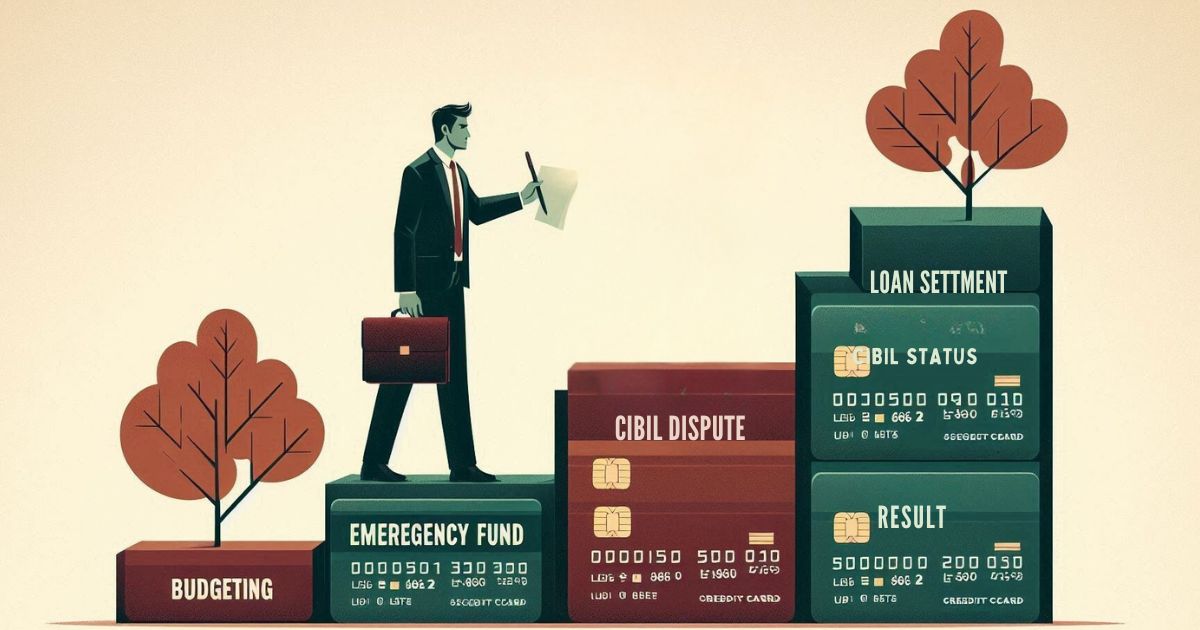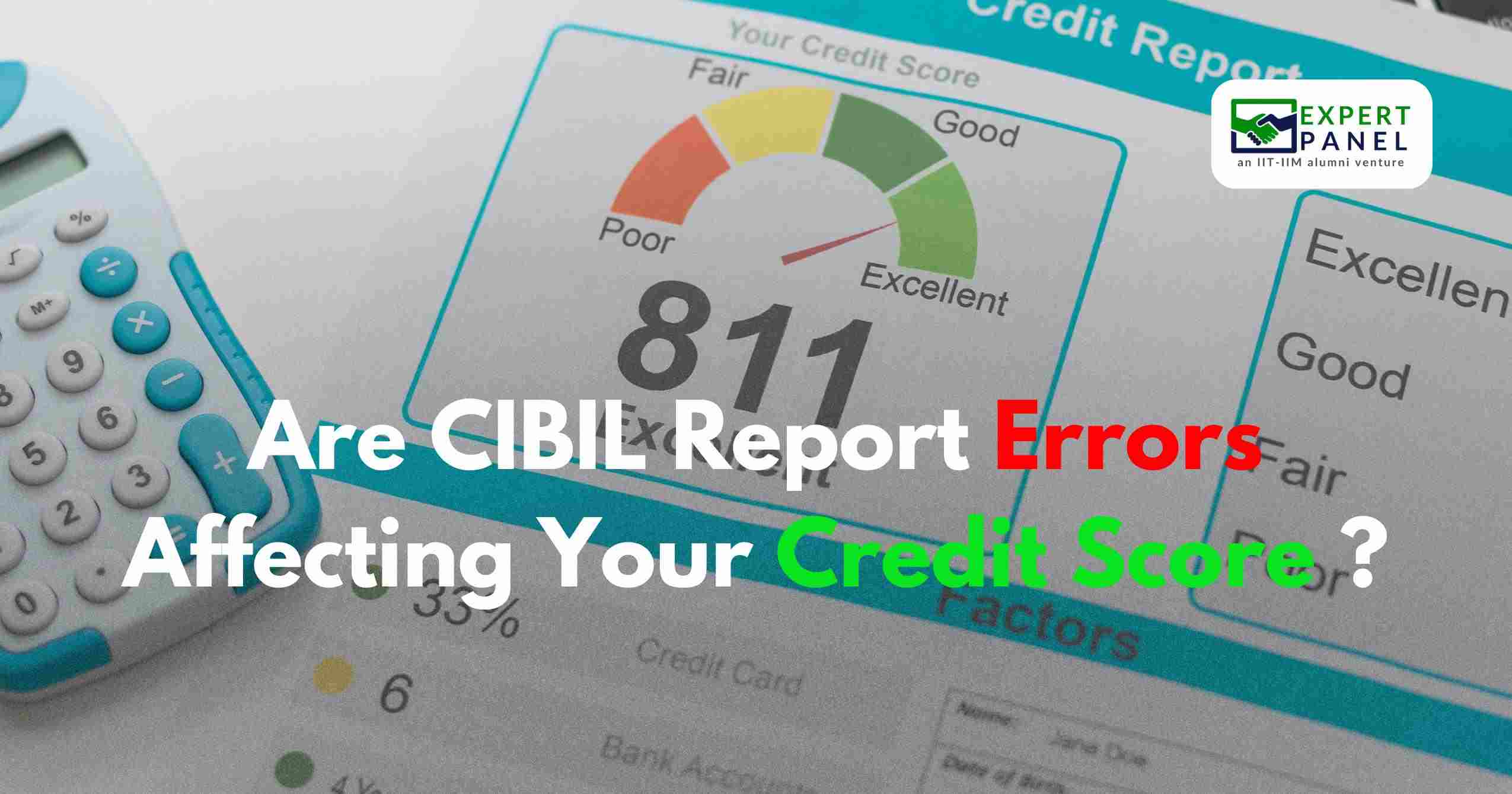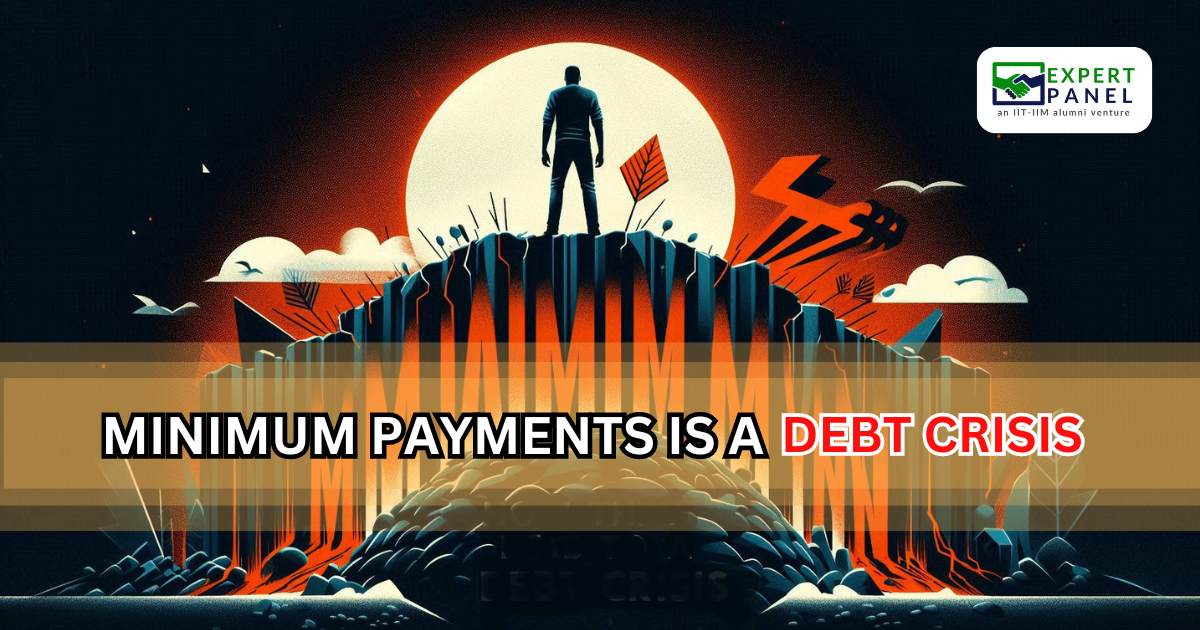· Loans & Banking · 3 min read
BEYOND INTEREST RATES: HIDDEN FACTORS AFFECTING YOUR LOAN APPROVAL
Thinking of taking a loan? Interest rates aren’t the only factor! Your income, credit score, debt-to-income ratio, and even your banking history play a crucial role in loan approvals. Learn the hidden factors that affect your interest rates and how to position yourself for the best deal. Stay informed, borrow smart, and secure your financial future!
 (Final) BEYOND INTEREST RATES_ HIDDEN FACTORS AFFECTING YOUR LOAN APPROVAL.DOOT9T6V.jpg)
Dreaming of that perfect vacation or need cash for a sudden expense? Personal loans might be your solution! But before you jump in, let’s uncover the real factors behind those interest rates. Trust me, there’s more to it than meets the eye!
Ever wondered why your friend next door got a better deal on their loan? Well, buckle up! We're about to reveal the truth about what really goes on behind the scenes when banks decide your interest rate.
First up: your paycheck.
Yep, how much you earn plays a major role. Banks love people with strong incomes. Why? Because they think you're less likely to miss payments. So, if you're earning well, you might just score a better deal. But don’t worry if you're not making six figures—there's hope for everyone!
Speaking of hope, let's talk about your money habits. Ever heard of a credit score? It's like your financial report card, and banks are definitely keeping an eye on it. Pay your bills on time? Keep your credit card balance low? You’re in luck! Banks see you as a responsible borrower who can handle money well. And guess what? They reward good behavior with lower interest rates.
But wait, there’s more!
Your relationship with your bank matters too. It's like dating—the longer the relationship, the more they trust you. So, if you’ve been banking with them for years, they might just offer you exclusive benefits. Maybe it's time to have a one-on-one with your banker?
Now, here's a tricky one: your debt-to-income ratio. Sounds complicated, right? But it's actually simple. It’s just how much you owe compared to how much you earn. If most of your paycheck disappears into EMIs, banks might get a bit nervous. They might think, "Can this person really handle another loan?" So, if you’re juggling too many debts, it might be time to clear some dues before applying for more.
But what if you've slipped up in the past?
Maybe you missed a few payments or defaulted on a loan. We all make mistakes, right? Well, banks have long memories. If you've got some financial missteps in your past, you might face higher interest rates. But don’t lose hope! Time heals all wounds, even financial ones. Stay disciplined for a while, and you’ll see those rates start to drop.
So, how can you become a financial wizard and get the best deals?
The internet is your friend! There are tons of free resources out there to boost your money smarts. Try checking out government websites for solid, unbiased info. Or look for free online courses from top universities. Even some banks offer free financial education on their websites. Just remember to verify your sources—not everything online is trustworthy!
At the end of the day, getting a good interest rate is all about proving you’re a low-risk borrower.
It’s like convincing your parents you’re responsible enough for that car you want. Show them you can handle your money, pay your bills on time, and keep your debts in check. Do that, and you’ll be on your way to loan approval success!
Conclusion
Remember, knowledge is power. The more you know about how loans work, the better decisions you'll make. And who knows? You might even beat the banks at their own game! So go ahead, dive into the world of personal finance. Your future self (and your wallet) will thank you!



